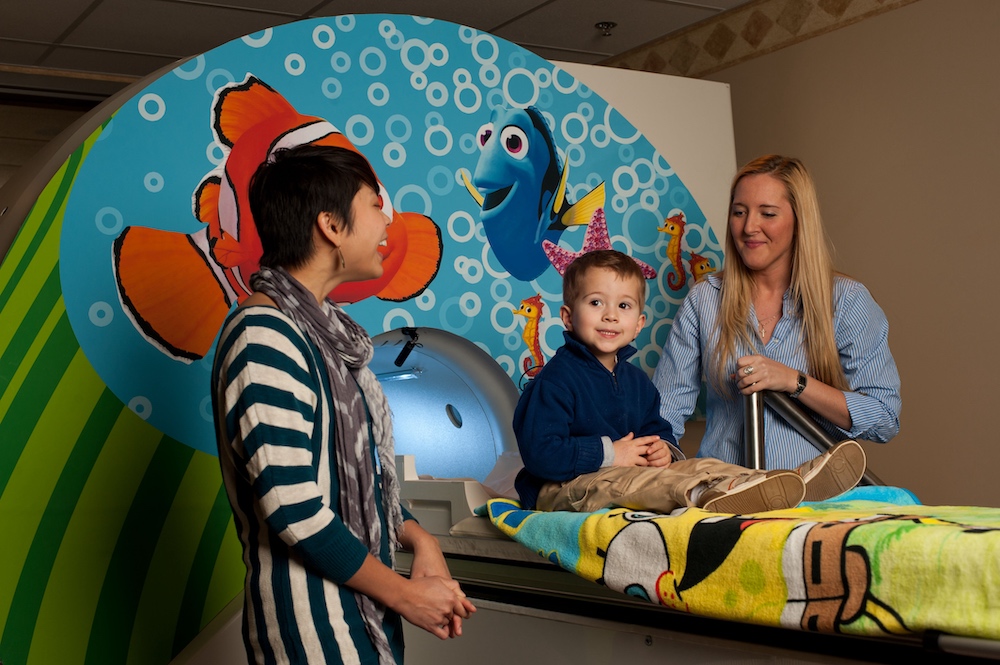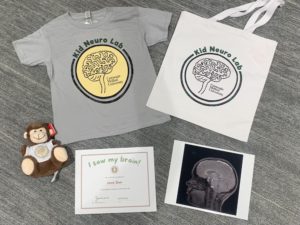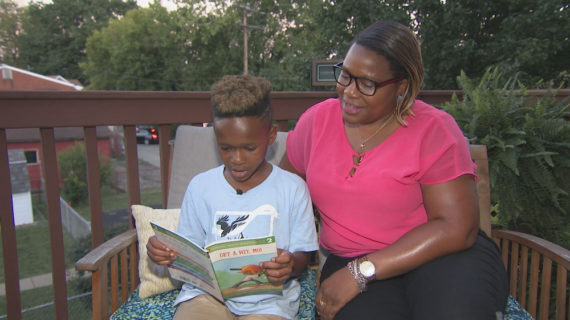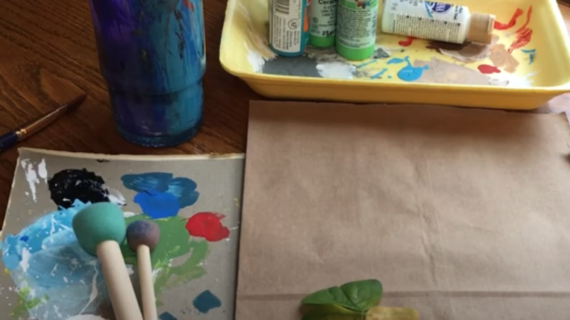
See your brain at Carnegie Mellon!
Photo above courtesy of the Kid Neuro Lab at Carnegie Mellon.
Educational studies show that children’s early proficiency in mathematics can predict their later success in mathematics and related fields like science and engineering. But what might determine how early mathematical abilities first emerge?
Research at Carnegie Mellon University (CMU) aims to study the origins of mathematical abilities in young children, and your family can get involved.
Developmental scientists at CMU, led by Dr. Jessica Cantlon, are studying how children’s mathematical knowledge and experiences relate to their brain development. Children ages 4 to 8 years and one of their parents can visit the CMU campus to do math activities in the lab, and then they each will take a turn inside the MRI scanner for 30 minutes to play a math game. Parents will also complete a survey about children’s spatial and mathematical experiences. Researchers look at how children’s brains compare to adults’ brains, and what functions are unique to children. They also measure the relation between children’s math abilities and experiences, and their neural development.
At the end of the MRI scan, researchers send the parent and child photos of their brains. They will also receive a lab t-shirt and stuffy, and a Venmo payment of $60.

Children will learn about how real scientists study the human brain — it’s a science experience that is enlightening for both parents and children!
Neuroimaging research that uses safe, non-invasive methods like MRI, EEG, and NIRS is important for understanding healthy brain development. MRI, EEG, and NIRS methods take images from outside the brain by sensing how energy moves throughout the brain when neurons are active, or “thinking.” These techniques are important for measuring child development because they reveal which brain functions lead to positive learning outcomes and healthy development.
Within the first year of life, infants show sensitivity to spatial and numerical quantities even before they can talk. Infants and toddlers can learn a lot about mathematical properties just by observing patterns in the natural world. For example: By the end of their first year, infants know that loud sounds tend to be correlated with heavy objects. Natural quantitative patterns that infants learn like these could set the stage for mathematical learning before school begins.
Children’s early experiences with spatial activities could also be a critical factor in their mathematical abilities. Studies with young children show that experience with block-building, sports, and spatial video games enhances mathematics abilities during childhood. Thus, spatial experiences could lead to changes in children’s brains that promote mathematical thinking over development.
Our team is excited to learn more about these crucial aspects of brain development.
Dr. Cantlon has a Ph.D. from Duke University and has studied child development with MRI methods for 20 years. The current studies in Dr. Cantlon’s lab are sponsored by the National Institutes of Health and the National Science Foundation.
If you’re curious about participating, contact the Kid Neuro Lab at kidneurolab@andrew.cmu.edu to visit the lab and see your brain. Feel free to visit our Facebook page for updates from the lab as well!







